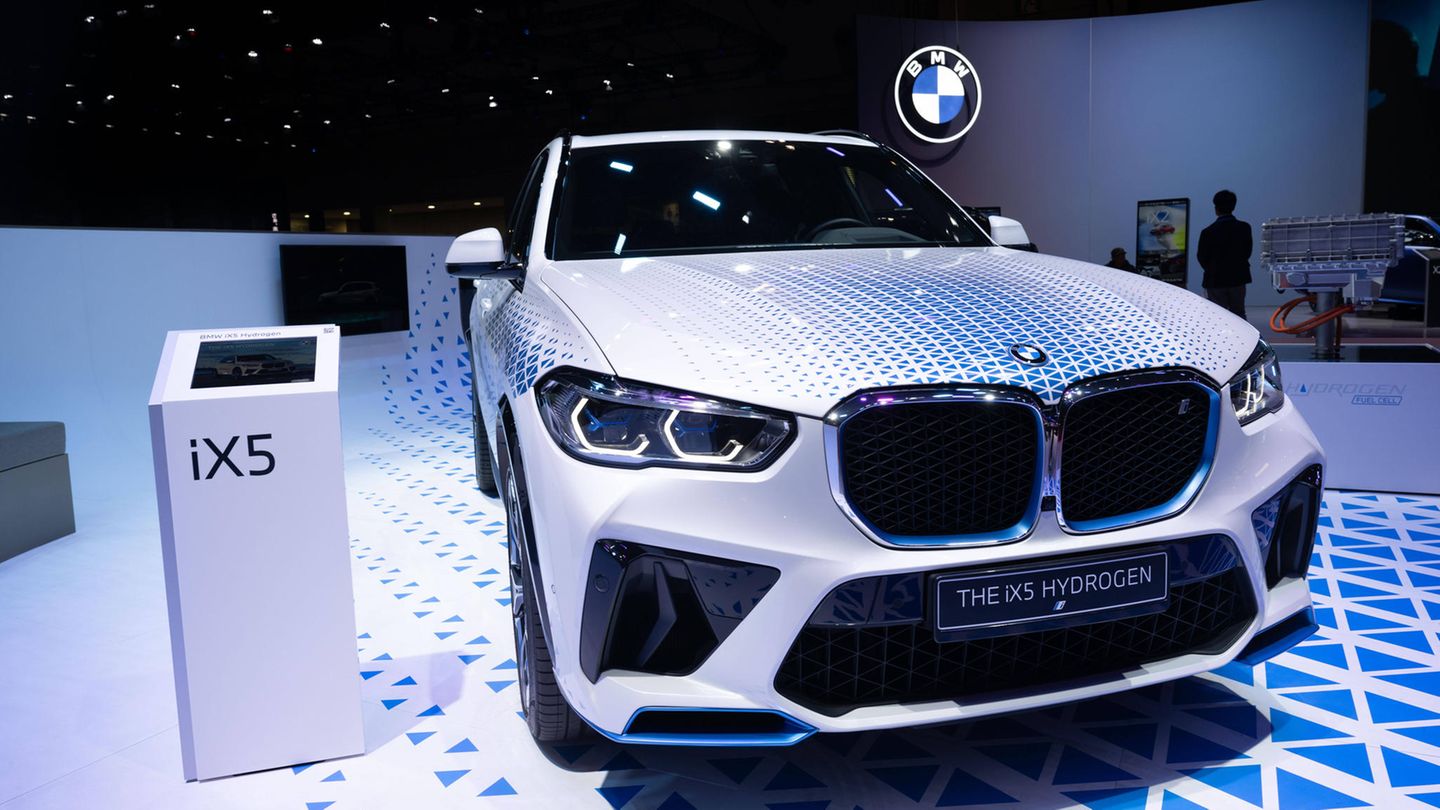Hydrogen cars have so far led an absolute niche existence on the car market. Nevertheless, BMW wants to bring a vehicle with the new technology onto the market in 2028. A Japanese competitor is to help with this.

This is original content from the Capital brand. This article will be available for ten days on stern.de. After that, you will find it exclusively on capital.de. Capital, like the star to RTL Germany.
BMW is bringing the hydrogen car into series production. The car manufacturer announced in a video conference on Thursday that it plans to bring a car with a fuel cell drive onto the market in 2028. “Now is the time to unleash the full potential of hydrogen,” said CEO Oliver Zipse. Hydrogen can play an important role in the decarbonization of transport. BMW will cooperate with its long-term partner Toyota in the development of the drive.
The Japanese car company will supply BMW with fuel cells, said BMW’s Michael Rath, who is head of hydrogen vehicles at BMW. “The development of the individual components will be divided between us.” BMW representatives did not want to say in which segment the car will be released or how much it will cost.
BMW is taking a different path. Although many manufacturers have researched hydrogen propulsion in the past, most have given up on development. Only Toyota from Japan and Hyundai from Korea have been offering hydrogen fuel cell cars for over ten years. However, these vehicles have so far barely made a name for themselves on the market and have therefore not been a commercial success for their manufacturers.
Serious disadvantages
Fuel cell vehicles usually have an electric drive like battery-electric vehicles. If they are fueled with so-called “green hydrogen” produced using renewable energy, they can be operated in a CO2-neutral manner, just like electric cars. Unlike battery-electric cars, however, hydrogen cars do not have to transport a heavy battery and can be refueled quickly. However, this comes at the cost of the major disadvantage that the energy yield of hydrogen cars is much lower and their operation is therefore more expensive than that of battery-electric cars.
In addition, the operation of fuel cell or hydrogen cars requires enormous infrastructure investments: a distribution network for “green” hydrogen and a corresponding number of filling stations would be necessary. “We are working with Toyota on the joint expansion of infrastructure,” said Rath. However, BMW will not build any filling stations itself.
Source: Stern




